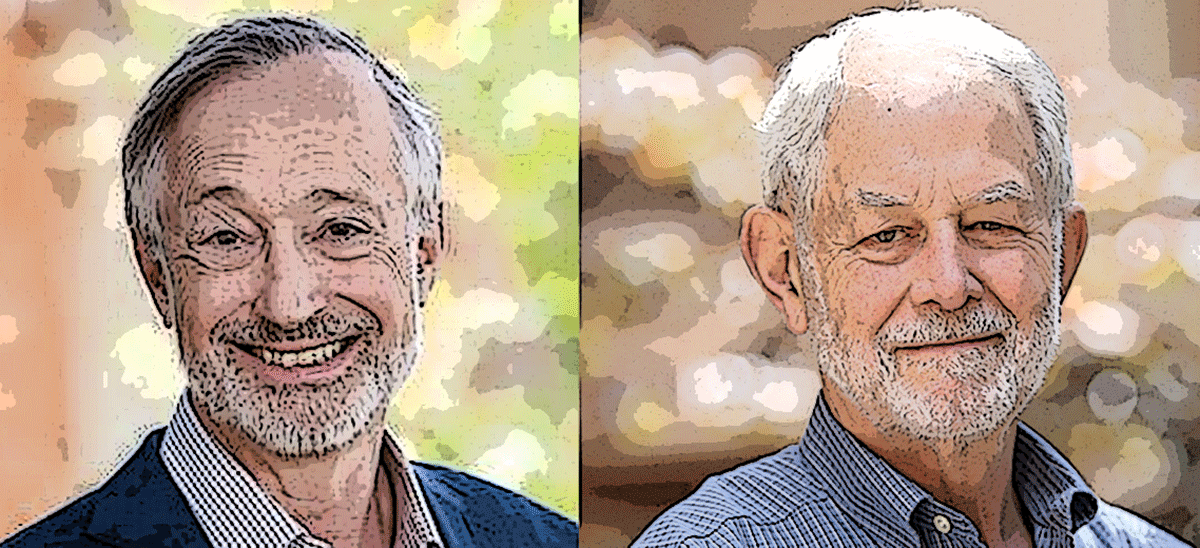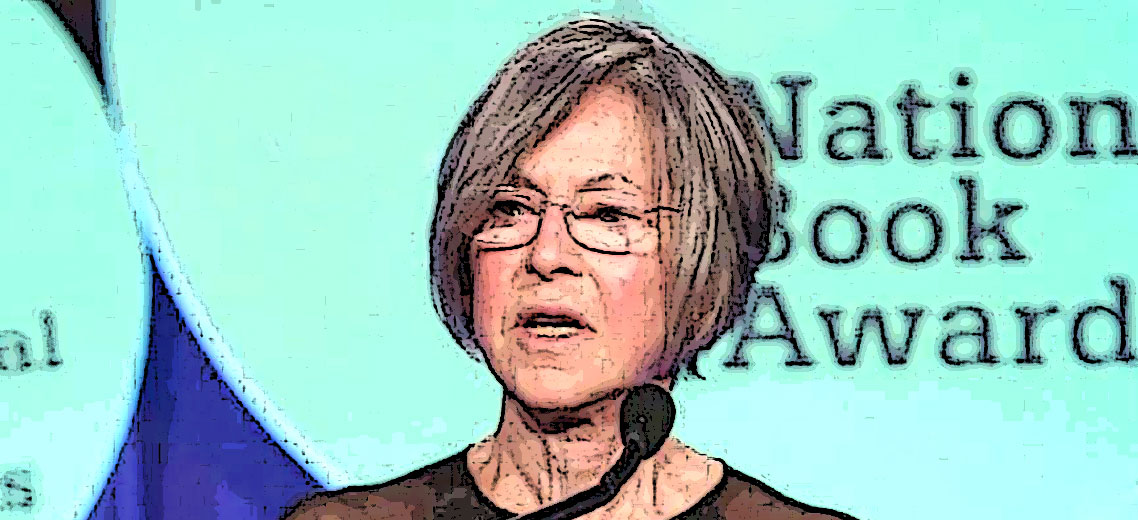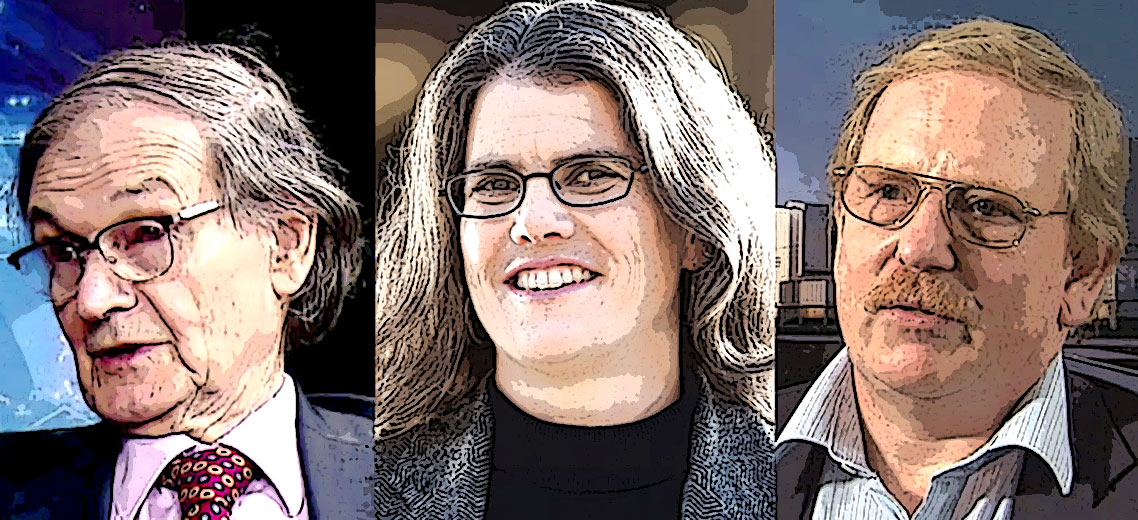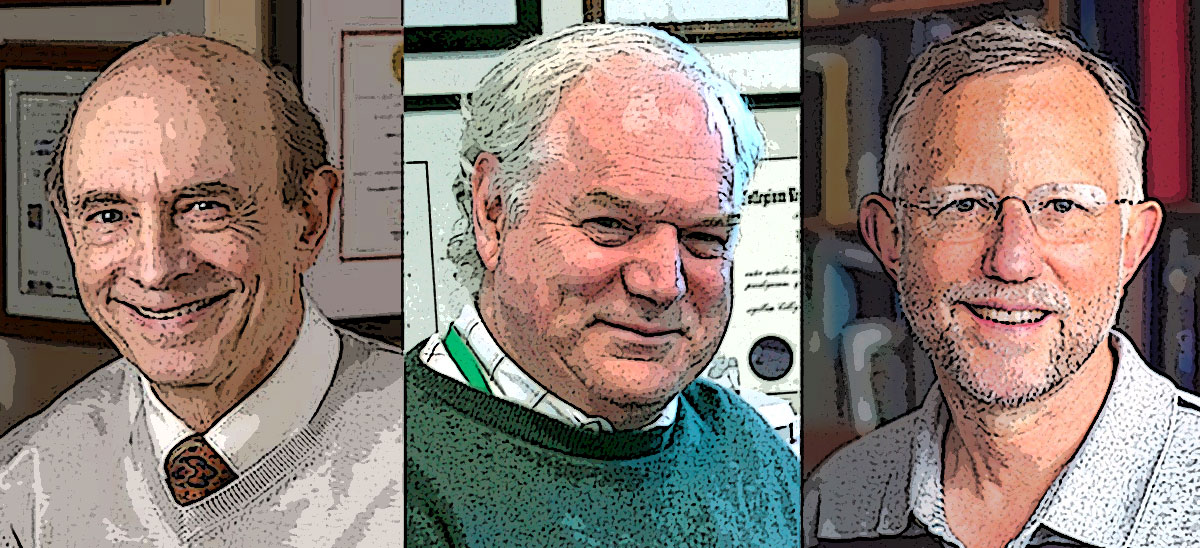Economics

The Royal Swedish Academy of Sciences has awarded the Sveriges Riksbank Prize in Economic Sciences in Memory of Alfred Nobel 2020 to Stanford University economists Paul R. Migrom and Robert B. Wilson for "improvements to auction theory and inventions of new auction formats."
Peace

The Nobel Peace Prize 2020 was awarded to World Food Programme (WFP) "for its efforts to combat hunger, for its contribution to bettering conditions for peace in conflict-affected areas and for acting as a driving force in efforts to prevent the use of hunger as a weapon of war and conflict."
Literature

The Nobel Prize in Literature 2020 was awarded to American poet Louise Glück "for her unmistakable poetic voice that with austere beauty makes individual existence universal."
Chemistry

The Royal Swedish Academy of Sciences has decided to award the Nobel Prize in Chemistry 2020 to Emmanuelle Charpentier from the Max Planck Unit for the Science of Pathogens, Berlin, Germany and Jennifer A. Doudna from the University of California, Berkeley, USA “for the development of a method for genome editing."
Physics

The Royal Swedish Academy of Sciences has decided to award the Nobel Prize in Physics 2020 with one half to Roger Penrose from the University of Oxford and the other half jointly to Reinhard Genzel from Max Planck Institute for Extraterrestrial Physics in Garching, Germany and University of California, Berkeley and Andrea Ghez from the University of California in Los Angeles “for the discovery of a supermassive compact object at the centre of our galaxy."
Physiology or Medicine

The Nobel Assembly at Karolinska Institute has awarded the 2020 Nobel Prize in Physiology or Medicine jointly to Harvey J. Alter, Michael Houghton and Charles M. Rice for the discovery of the Hepatitis C virus.
This year’s Nobel Prize is awarded to three scientists who have made a decisive contribution to the fight against blood-borne hepatitis, a major global health problem that causes cirrhosis and liver cancer in people around the world.
Alter, Houghton and Rice made seminal discoveries that led to the identification of a novel virus, Hepatitis C virus. Prior to their work, the discovery of the Hepatitis A and B viruses had been critical steps forward, but the majority of blood-borne hepatitis cases remained unexplained. The discovery of Hepatitis C virus revealed the cause of the remaining cases of chronic hepatitis and made possible blood tests and new medicines that have saved millions of lives.
For more details on their work, visit nobelprize.org.
